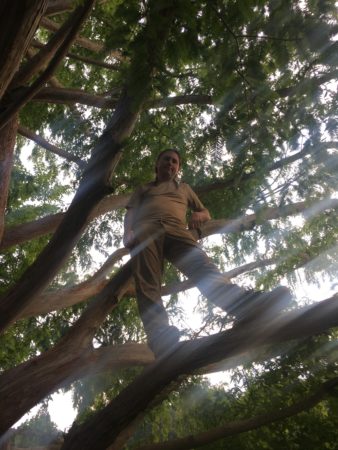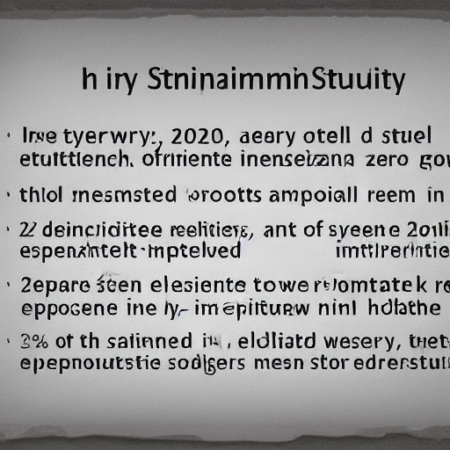Emotionally, this feels like one of the darkest times I can remember.
I feel like finishing the PhD has done me no good and left me at a blank place with no routes out.
I am overwhelmed by anger, grief, and fear to be moving from one precarious housing situation to another, with no prospect of getting to somewhere I will feel safe.
At the same time, it feels like the political problems in our societies and globally have become irresolvable pathologies, wherein all our responses become selfish, anger-driven, and self-defeating.
Rounding it out, I feel like my entire extended network of friends and family are also in crisis and in need of help themselves.
I feel like growing up in a prosperous suburb in the optimistic 1990s left me with a bunch of expectations and that the experience of life now is a clanging repudiation of the idea that if you educate and apply yourself you will have a desirable or at least a decent future.
Likewise, I feel like the idea that honesty and integrity are desirable traits was a misunderstanding of how humans relate to each other. They don’t want honesty and impartial standards that also apply to them — they want comforting and appealing lies, and then lies about those lies being lies. Institutions don’t want employees or members who apply high standards to them impartially — they want people who interpret loyalty as openly pretending to have high standards, while actually not applying them to the institutions which they are embedded in.
The last makes me feel like my whole identity is eroding. I have always been stubborn, forthright, and willing to assert my own views, sustained in part by the hope that broadly speaking and in the long term those would be good things for me. Now it is starting to feel like the only way to survive in the world is as a sycophant too captured and afraid to object to the failings and misconduct of the people and organizations that control us, that we endure only by their dispensation, and that — even though we all feel that the system has entered an accelerating phase of shaking itself apart into broken fragments — we will nonetheless continue to punish critics of the system rather than implement effective repairs.
Contrast with:



